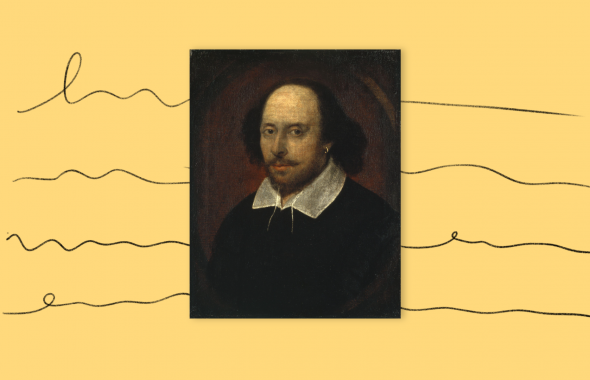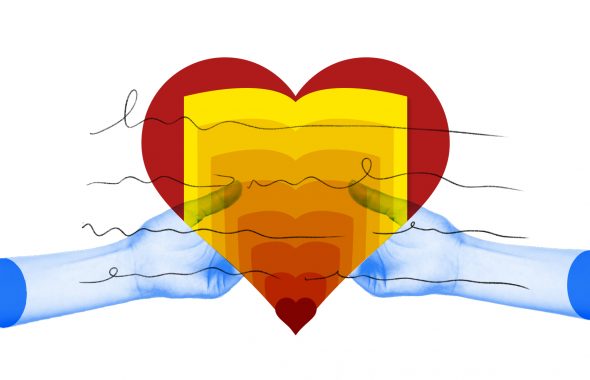![]()
You may not like it, but we all use them. Whether it is in a text message, an instant chat, or a casual email, emoticons appear in written communication to indicate the tone, humor or feeling of a message. As communication moves away from personal interaction to a text-only environment, emoticons fill the void left by the absence of the tone of voice and facial expression that add connotation and intent to a message. The word emoticon is a portmanteau of “emotion” and “icon.”
Emoticons clearly are instruments of communication, but what are they, exactly? Are they words? To use the dictionary definition, an emoticon smiley face fulfills only part of the definition of a word: It is a unit that functions as a principle carrier of communication, but it doesn’t consist of morphemes and cannot be spoken. Emoticons are not words.
Are they symbols? Emoticons have a complex associated meaning separate from that which they symbolize. Also, the meaning of an emoticon is derived from the context in which it appears. Yes, emoticons are symbols, but what kind of symbol?
According to Dennis Howe, author of the Dictionary of Computing, emoticons are glyphs. A glyph is a pictograph. The term dates to the turn of the 18th century and is taken from Greek via French for carve, or hollow out. We are most familiar with the word hieroglyph, literally “sacred carving” used to describe ancient Egyptian or Mayan writing. The word glyph is widely used in archeology to describe pictographic language.
More recently, glyph is used in computer terminology to refer to an image in a visual representation of characters. Glyphs are part of a written medium that contributes to meaning but they do not necessarily make up words.
Scott Fahlman is the individual who first suggested the use of emoticons in text-only communication on a listserv for Carnegie Mellon University back in 1982. “I had no idea that I was starting something that would soon pollute all the world’s communication channels,” he has written since.













